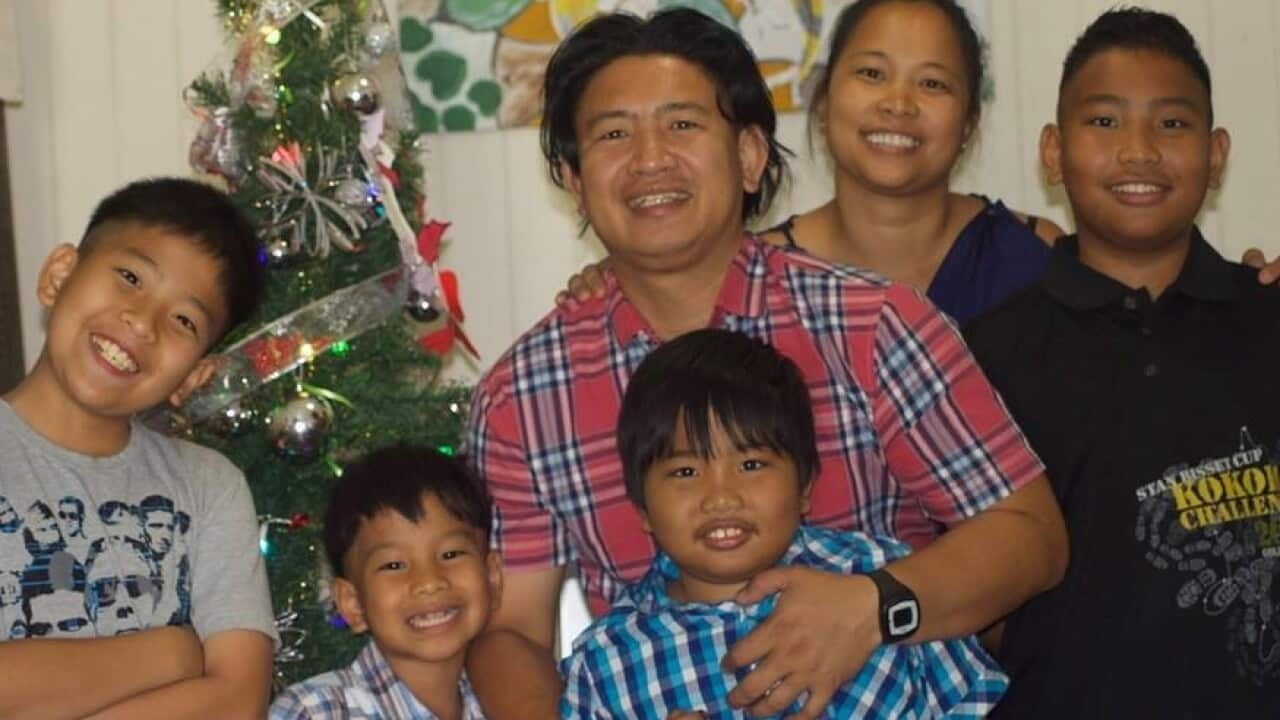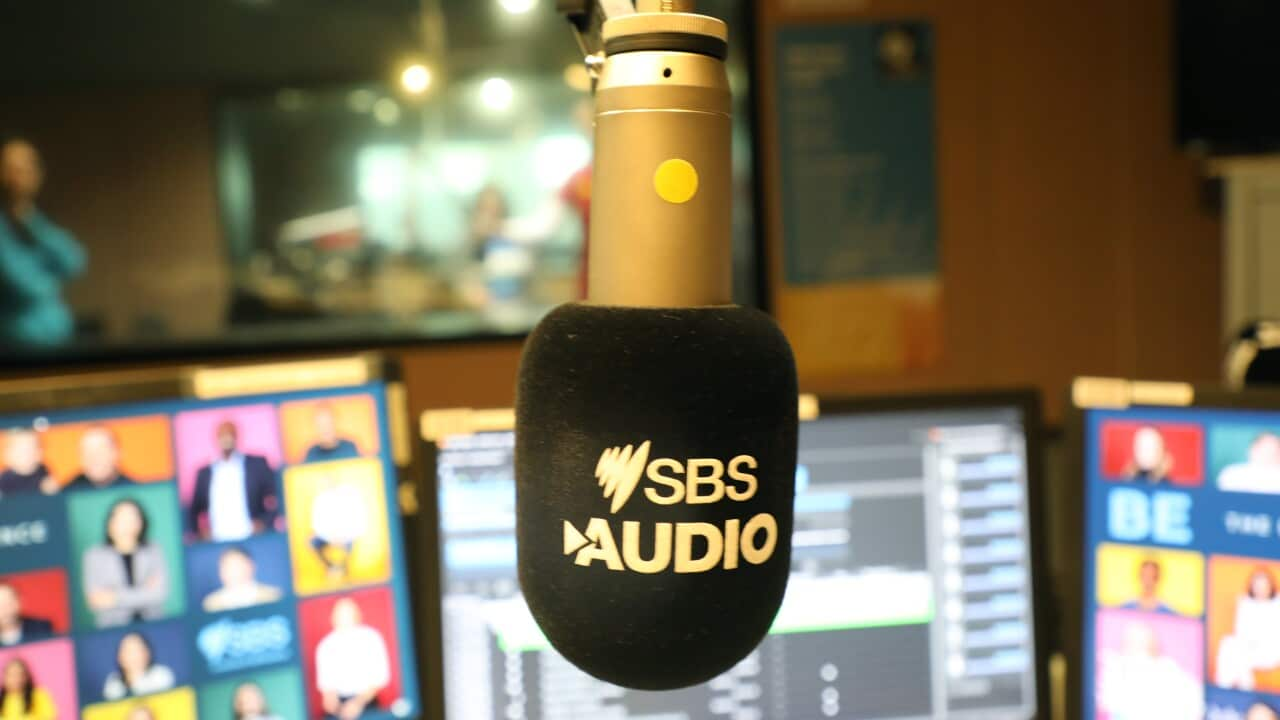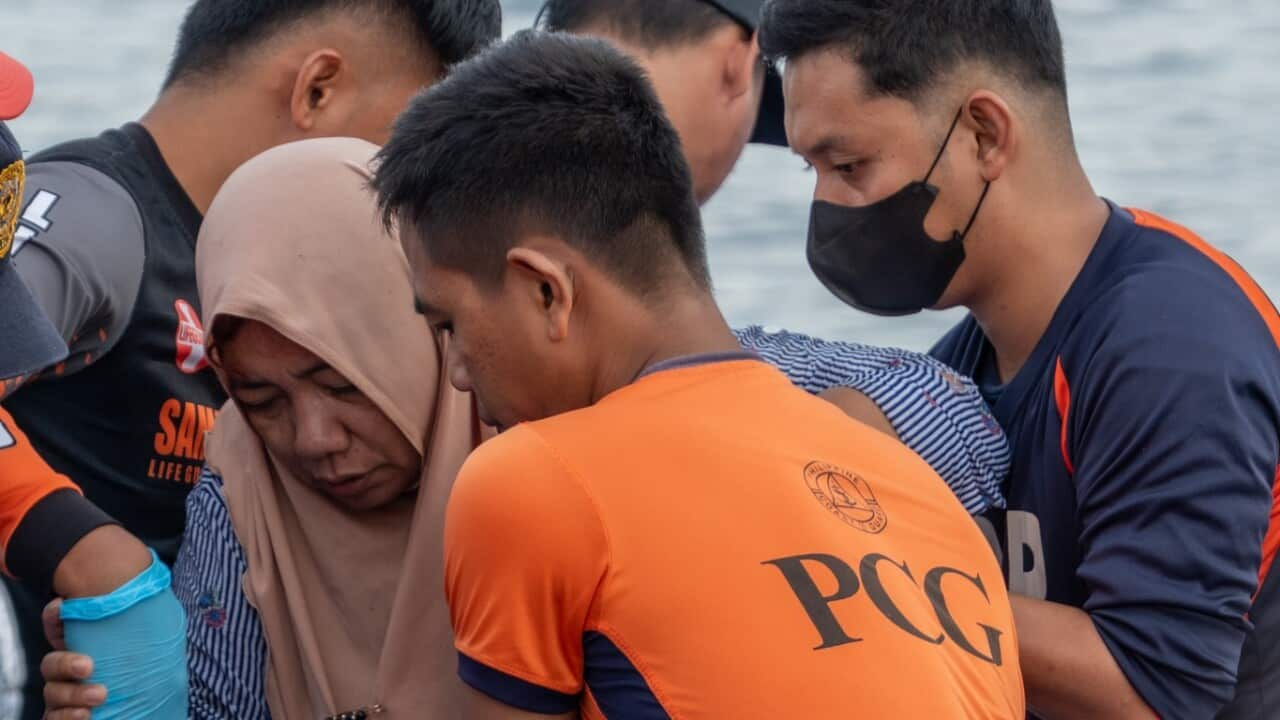Australian Greens Disability Rights spokesperson, Senator Jordon Steele-John has criticised the health requirements in Australia’s immigration policy with regard to people with disabilities, following the case of the Custodio family in rural Queensland, who were denied permanent residency due to a son’s autism.
“It is absolutely outrageous that this family has been put in this position, both by our government and our own immigration laws," Mr Steele-John told SBS Filipino.
“There is no place for ableism or for outdated thought of 'burden to the community' in our immigration laws when it comes to disability.”
Geofrey and Geraldine Custodio and their four sons left the Philippines in 2014 to settle in the small Queensland town of Bell after Mr Custodio secured a job providing technical services to a local piggery.
The family came to Australia under Mr Custodio’s 457 working visa.
In December 2018, the Department of Home Affairs denied the family’s permanent residency application. They now face the Department’s ‘One Out, All Out’ policy because of the couple’s 11-year old son, Gain, who has autism, which 'does not satisfy the health requirements' of the federal government’s immigration policy.
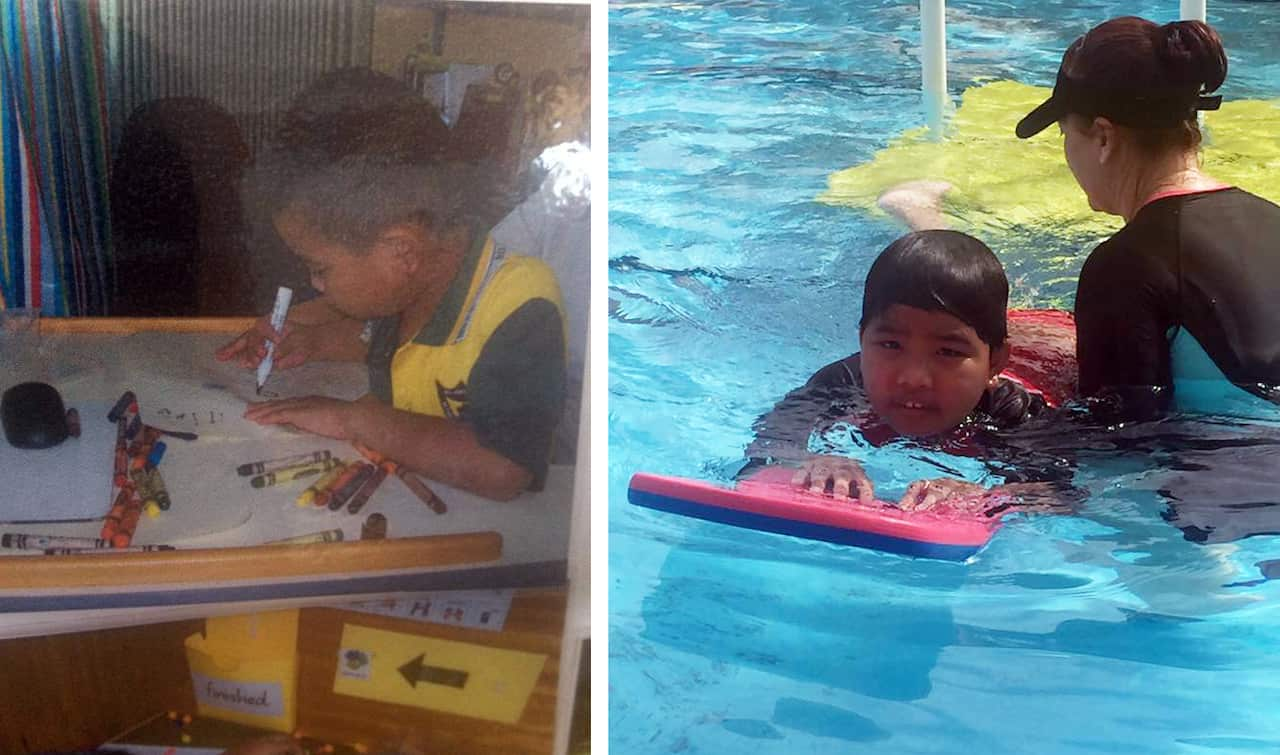
In a statement to SBS Filipino, a spokesperson from the Department of Home Affairs says: “The health requirement is not condition-specific and the assessment is undertaken individually for each applicant based on their condition and level of severity.”
“It is an objective assessment to determine whether the care of the individual during their stay in Australia would likely result in significant costs to the Australian community or prejudice the access of Australian citizens and permanent residents to services in short supply,” the Home Affairs spokesperson adds.
Costs benchmark
In a recent interview, Geraldine Custodio says: “The costing provided [by the Medical Officer of the Commonwealth] was quite big." It estimated that the Australian government would spend roughly $5 million on her son’s treatment.
According to Ms Custodio, this estimate is way above the benchmark and is the reason why their residency application got denied.
She says the family shoulders most of her son’s therapy costs and that they do not rely on government services for their son’s needs. A Philippine-registered veterinarian, Mr Custodio is described as a valued member of the local agricultural community, while Ms Custodio works as a teaching aid in the local school and manages the family café in Bell.
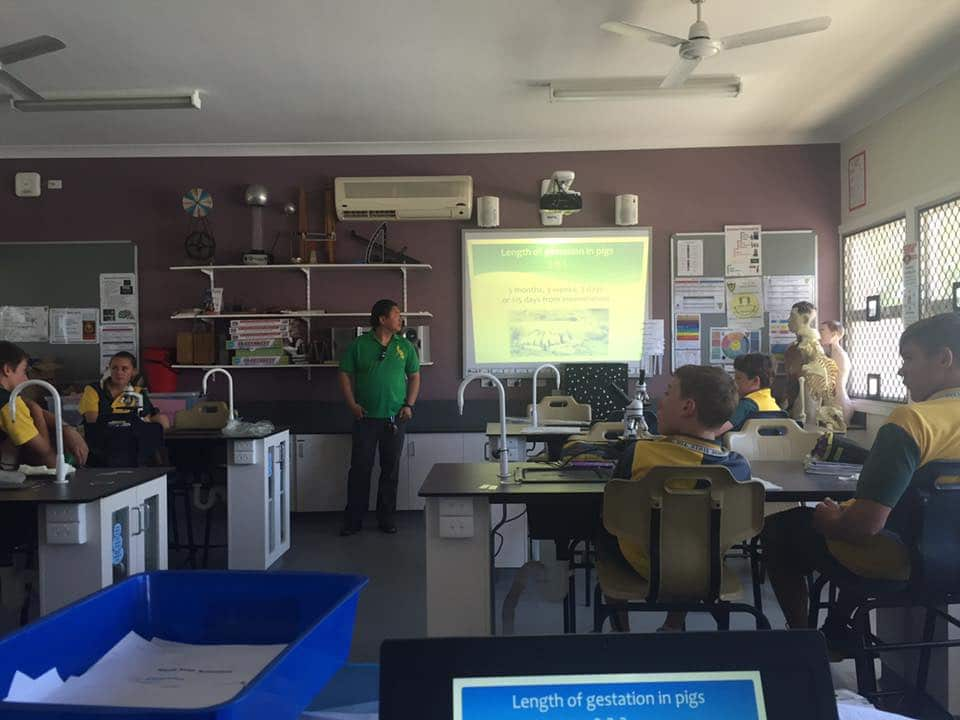
The Department of Home Affairs declined to comment specifically on the case of the Custodio family but confirms that the threshold at which costs are ‘currently considered to be significant is AUD$40,000’.
According to the department, in determining whether an applicant meets their health requirements, a Medical Officer of the Commonwealth (MOC) considers whether the applicant "has a health condition that will be a significant cost to the Australian community in terms of the health care or community services required to manage [an applicant’s] condition".
“If an applicant has a specific medical condition, this condition in itself does not result in a failure to meet the health requirement. If a significant medical condition is identified, a Medical Officer of the Commonwealth must provide an opinion as to whether the applicant meets the health requirement,” a spokesperson from Home Affairs explains.
On its website, the Department says that intellectual impairment and functional impairment are two of the most common conditions that have been identified to affect the health component of a permanent visa application.
NDIS and the federal election
Mr Steele-John is calling on a "total rewrite" of Australia's immigration act "so that there is no aspect of discrimination based on disability".
"So, in Australia in 2019, if you are a disabled person, you have a high likelihood in the so-called special education. I would say that in 2019, with the NDIS in place, this whole idea of disability equalling border community financial burden is dead and gone," he says.
"The whole idea of the NDIS is that disability is not a burden but in fact, when people are given the support that they need, they are active participants in the society in a social and also economic sense.”
The senator explains that under the International Human Rights Law, children have a right under to be educated with their peers. He argues that inclusive learning is the "only approach which is in line with human rights".
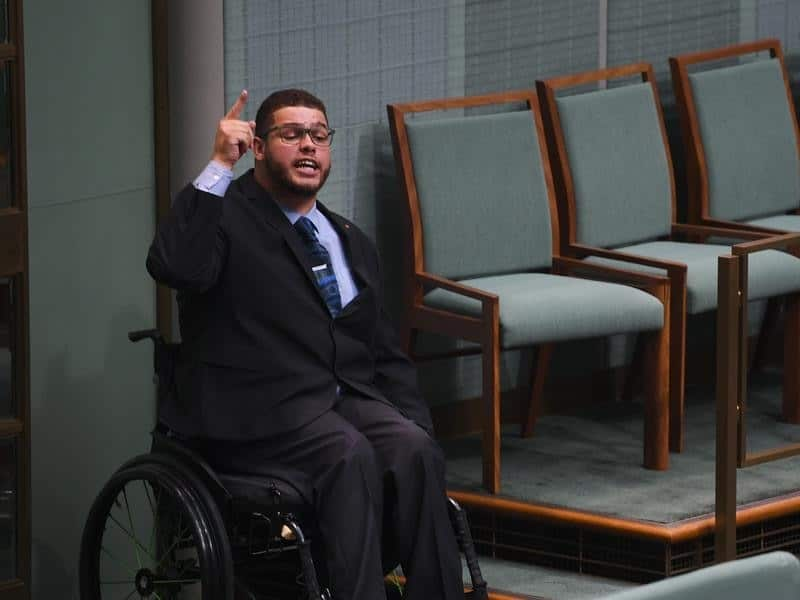
A week before calling the Federal election, Prime Minister Scott Morrison announced a $527 million budget for a disability royal commission and additional support to Australians with a disability. This follows Opposition Leader Bill Shorten’s announcement in federal parliament of the Labor Party’s plan to get the National Disability Insurance Scheme “back on track”.
Inclusive learning
Bell resident David Burns has his own personal experience of finding the right support for his eldest son who was diagnosed with ADHD. He explains that they were left with no option but to home-school their son for nearly two years after realising that he was not getting the help he needed in his previous school in the nearby town of Dalby.
“We then moved [our son] to Bell State School and the school integrated him back into the [regular classes] slowly," MR Burns says.
"The school helped him. [They have] the ability to help a lot of these students.”
Mr Burns and his wife Amanda are close friends of Geofrey and Geraldine Custodio. The Burns family has been actively campaigning for the Custodio family’s right to stay in Australia permanently with the help of local teachers and other residents via an online petition.
“I believe that the school will help Gain with his needs. And we want them to stay and be part of this community,” Mr Burns says.
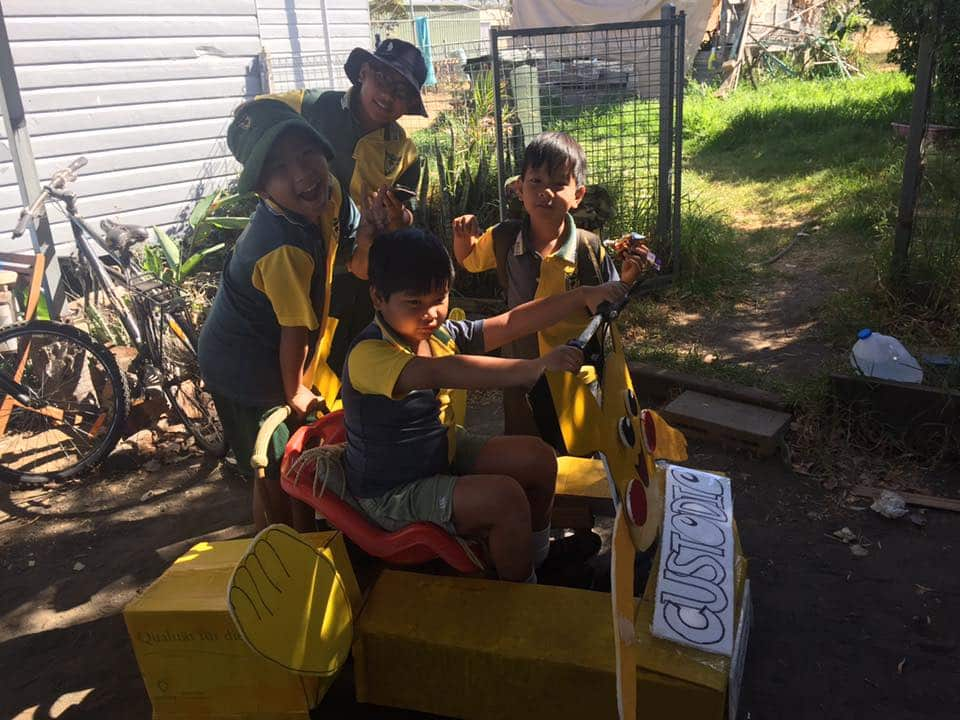
Senator Steele-John says that the Greens Party has detailed plans to provide opportunities to retrain teachers, principals, and school administrators on the necessary skills to enable inclusive learning in Australian schools.
He also says the party will increase “baseline education so that every child can get the support they need regardless of the way in which they learn".
“There is absolutely no benefit for a child to be educated separately. Children who are educated in segregated environments like special schools have worse educational outcomes, worse socialisation outcome, and it often leads into a broader life of segregated housing, segregating work, and premature death,” he says.
In the senator's view, how the government sees and treats migrants with disabilities is "indicative" of how it sees and treats its own citizens with disabilities.
“You cannot put a price on a child’s education. And to suggest that there is a certain benchmark by which is ok to say, ‘I’m so sorry, you just cannot receive an education’ or ‘you have to be deported’ is absolutely disgusting. These are outdated immigration laws based on deeply discriminatory thought processes.”
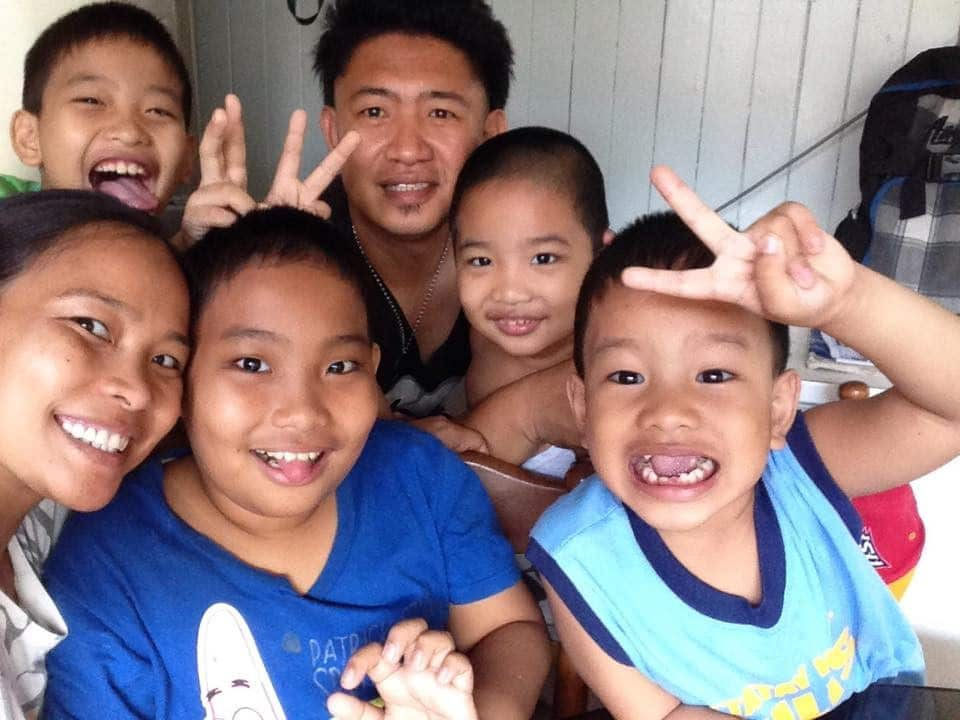
The couple says they have not thought ahead on what to do when they are finally asked to leave.
“We are just taking it one day at a time. I hope the government gives us a chance.”

